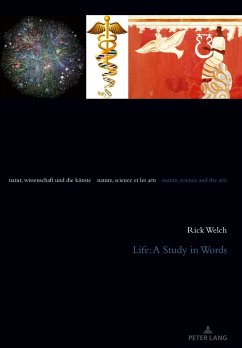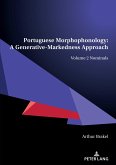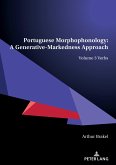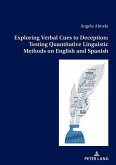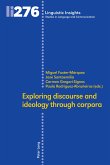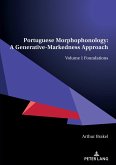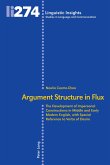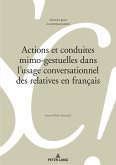What is life? is a query that never dies... Most modern-day approaches to this enduring question attempt to define what life is, from the standpoint of science, philosophy, religion, medicine, etc. In this book, the conception of life in Western culture is explored through a host of words that has come down to us from antiquity. The author presents a flowing linguistic view of life from the distant past. The etymologic heritage is traced to ancient Greek - to the philosophical foundation of Western thinking. The author pursues a path into prehistory, looking at the development of words from roots in the Indo-European language family, which includes the classical languages of Greek and Latin, as well as English and many other Eurasian languages - ultimately, in the common ancestral Proto-Indo-European (PIE) tongue. In so doing, one finds a shared lexical genealogy underlying the linguistic source of the Western notions of life. The diversity of word-forms that are associative of life in today's vernacular grew out of a seemingly labyrinthine - though, in reality, a highly integrative - state of comprehension of the affiliation between the mortal human being and the natural environment in the prehistoric PIE civilization. In the logos of ancient Greek thought, emanating from the ancestral mythos of the PIE and early Mediterranean peoples, the ideas of "life" and "nature" were fused into a unified vision of existence - as can be seen in the prehistoric origin of the verb be itself. This book concentrates on more than sheer words; it is also on how we - the living, sentient beings that we are - speak of our very being in space and time in the world around us. The birthright of a conjoined sentience of life and nature has branched-out through the ages of Western thinking. The legacy today is a fossilized linguistic Tree of Life, engendering a plurality of words for "life"; wherein, each of us must create our own meaning of "life."
Bitte wählen Sie Ihr Anliegen aus.
Rechnungen
Retourenschein anfordern
Bestellstatus
Storno

